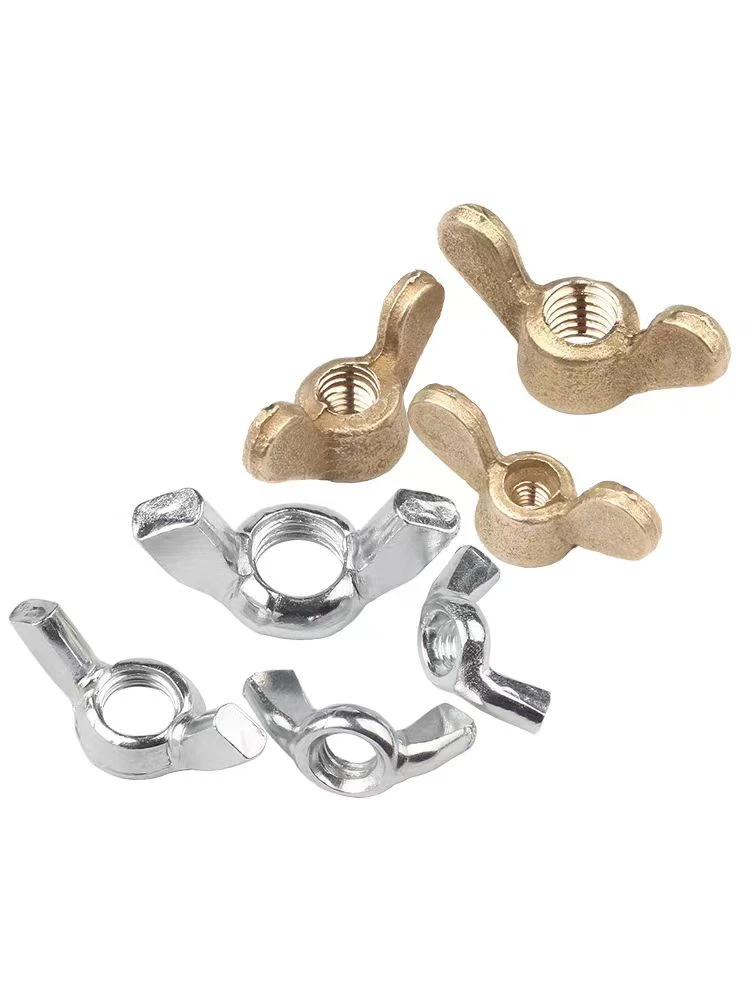

metric self tapping screws
Dec . 05, 2024 15:10 Back to list
metric self tapping screws
Understanding Metric Self-Tapping Screws A Comprehensive Guide
When it comes to fasteners, metric self-tapping screws stand out due to their diverse applications and ease of use. These screws have gained popularity in various industries, including automotive, construction, and electronics, primarily due to their ability to create their own threads as they are driven into materials. In this article, we will explore the characteristics, types, applications, and advantages of metric self-tapping screws.
What are Metric Self-Tapping Screws?
Metric self-tapping screws are designed to tap their own hole as they are installed. This means that they can create threads in the material, eliminating the need for pre-drilled holes in many cases. They are typically made from various materials, including stainless steel, carbon steel, and alloys, depending on the application requirements. The metric designation refers to the screws being measured using the metric system, with sizes commonly specified in millimeters (mm).
Characteristics of Metric Self-Tapping Screws
1. Thread Design Metric self-tapping screws possess sharp, pointed ends that enable them to penetrate materials easily. The thread profile varies, with options like coarse and fine threads suited for different applications.
2. Sizes These screws come in various lengths and diameters, allowing for flexibility in choosing the right screw for specific tasks. The diameter is usually indicated by a number (e.g., M3, M4, M5), where 'M' stands for metric.
3. Materials Depending on their intended use, metric self-tapping screws can be made from several materials. Stainless steel is common for outdoor projects due to its corrosion resistance, while other steels might be used for indoor applications where environmental factors are less of a concern.
4. Head Types They are available in several head styles, including flat, pan, and hex heads, allowing them to be driven with different tools, such as screwdrivers or wrenches.
Types of Metric Self-Tapping Screws
There are two main types of metric self-tapping screws
1. Thread-Forming Screws These screws create threads in ductile materials such as plastics and soft metals without removing material, making them ideal for applications where the integrity of the base material is a concern.
metric self tapping screws

2. Thread-Cutting Screws These screws remove material to create threads and are typically used in harder materials like metals. They tend to have more aggressive thread designs, enabling them to cut through tough substances.
Applications of Metric Self-Tapping Screws
Metric self-tapping screws are incredibly versatile and find uses in various applications
- Automotive They are commonly used in assembling parts, ensuring durability and reliability in automotive manufacturing. - Construction Self-tapping screws are widely used in wooden structures, metal panels, and other applications requiring secure fastening. They help speed up the construction process by reducing the need for pre-drilling. - Electronics In electronics and appliances, self-tapping screws can be used to secure covers and enclosures, ensuring components are held securely without the risk of loosening.
Advantages of Metric Self-Tapping Screws
1. Time Efficiency The ability to tap their own holes allows for quick assembly and disassembly, saving valuable time during construction or repairs.
2. Cost-Effectiveness Eliminating the step of drilling pre-tapped holes reduces labor costs and the need for additional tools, making these screws a cost-effective solution for many projects.
3. Strong Joint Formation The threads created by self-tapping screws result in a tight fit within the material, ensuring strong joints that can withstand various stresses and loads.
4. Versatile Use Given their range of materials, sizes, and head styles, metric self-tapping screws can be used in numerous applications, providing flexibility in design and construction.
Conclusion
Metric self-tapping screws are an essential fastener in today’s manufacturing and construction landscapes. Their unique ability to create threads in various materials enhances efficiency and reduces costs, making them a favored choice among professionals. Whether you are working in automotive, construction, or electronics, understanding the benefits and applications of these screws can lead to better project outcomes.
In summary, their versatility, ease of use, and strength make metric self-tapping screws a reliable choice for anyone looking to achieve solid fastening solutions. Consider these screws for your next project, and enjoy the benefits they bring.
Latest news
-
High-Strength Hot Dip Galvanized Bolts - Hebei Longze | Corrosion Resistance, Customization
NewsJul.30,2025
-
Hot Dip Galvanized Bolts-Hebei Longze|Corrosion Resistance&High Strength
NewsJul.30,2025
-
High-Strength Hot-Dip Galvanized Bolts-Hebei Longze|Corrosion Resistance&High Strength
NewsJul.30,2025
-
Hot Dip Galvanized Bolts-Hebei Longze|Corrosion Resistance&High Strength
NewsJul.30,2025
-
Hot Dip Galvanized Bolts - Hebei Longze | Corrosion Resistance, High Strength
NewsJul.30,2025
-
High-Strength Hot Dip Galvanized Bolts-Hebei Longze|Corrosion Resistance, Grade 8.8
NewsJul.30,2025

